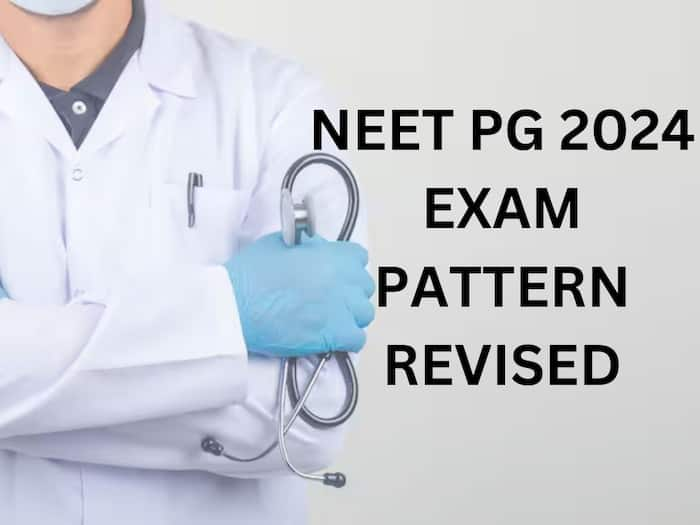Bogus degree business thrives in edu hub
Tushar.Tere@timesgroup.com
Vadodara:29.11.2020
Once known to be an education hub of the state, the city seems to have become a centre for the gangs selling fake educational degrees. The recent seizure of over 500 fake degrees and mark sheets and arrest of three persons has brought to fore the bustling business in the city. The police said that many such gangs have been operating here over the last few years.
“The city is home to many educated middle-class citizens who aspire that their kids, too, study well and get good degrees for either getting admissions in reputed colleges or move abroad. Many of the parents are hence ready to shell out good money to buy degree certificates for their kids,” said a police official involved in the investigations.
“When the kids fail to acquire good marks or even pass in examinations, they or their parents look for other ways to ensure that their career takes off. Buying fake degree certificates is one of the easiest ways,” the police official added.
In last eight months, the cops have busted different gangs printing and selling fake certificates and mark-sheets and filed four cases. One of the accused, Mukesh Parmar, who was booked in May this year, is known to be an expert in making and selling forged degrees. In fact, in 2018, the police had arrested a peon working with M S University for stealing mark sheets and selling them to such gangs.
“Many of these gang members are usually involved in helping people get admission for their kids in colleges. They gradually develop good contacts and then start selling fake degree certificates and mark sheets for making quick money,” said R C Kanamiya, police inspector, prevention of crime branch (PCB).
He added that the accused are also associated with passport agents and often help youngsters get admission in colleges abroad. “Once they start earning good money, these gangs hire youngsters, expert in different software. Then they start designing and printing degrees and marksheets of various colleges. These gangs have networks in many states where they sell such bogus marksheets,” Kanamiya added. The cops usually bust such gangs on the basis of tip-offs or complaints by some unsatisfied customer.
Kingpin held from Udaipur
Vadodara: The kingpin of the fake mark sheet scam, Sukhpal Singh alias Vicky Sardar, was nabbed by the prevention of crime branch (PCB) from Udaipur on Saturday. Police said that Sardar was the mastermind of the entire scam. He used to issue degrees of William Carey University of Shillong. Sardar’s name was revealed when a man from Bharuch and two others from Fatehgunj were nabbed on November 26. Degree and migration certificates of William Carey University were found on the three accused. When the PCB sleuths raided Sardar’s house in Gotri and his office on Jetalpur road, cops found some documents, but Sardar was not there. Using technical sources, Sardar’s location was traced to Udaipur where a team went and nabbed him from a hotel. TNN
